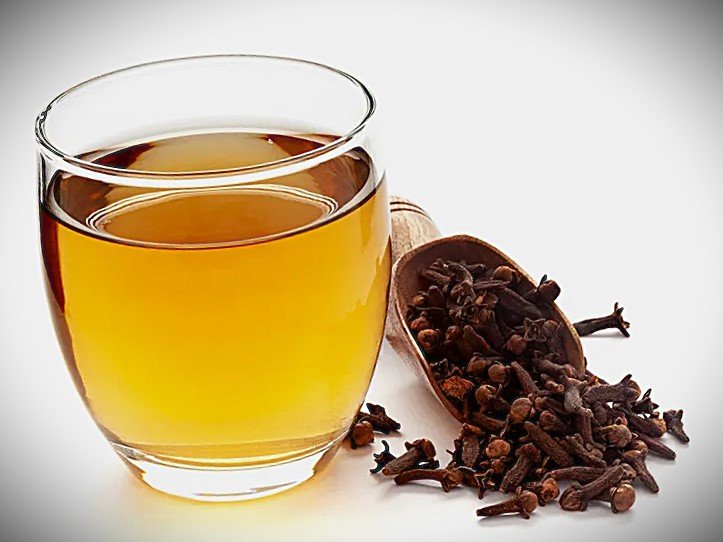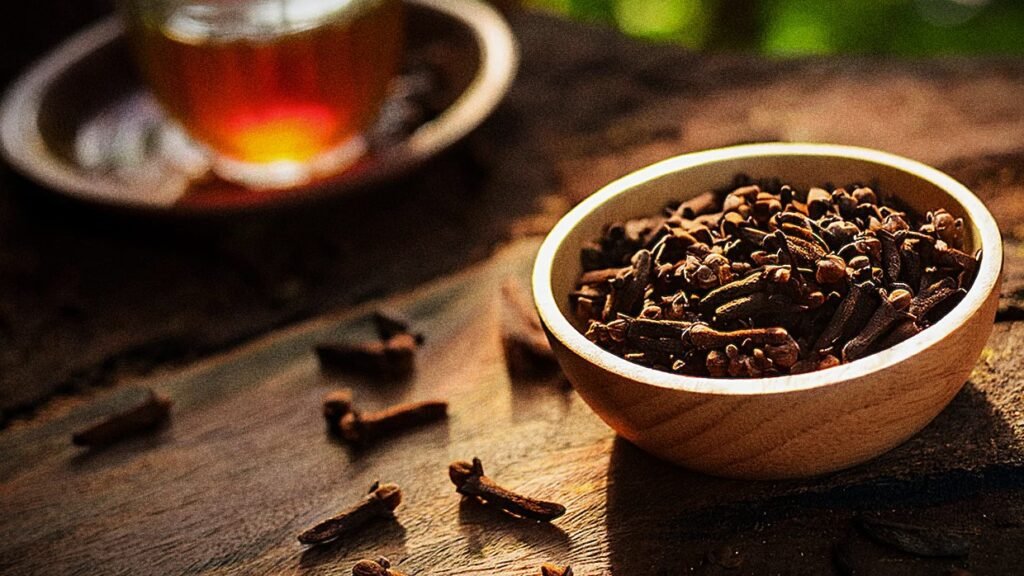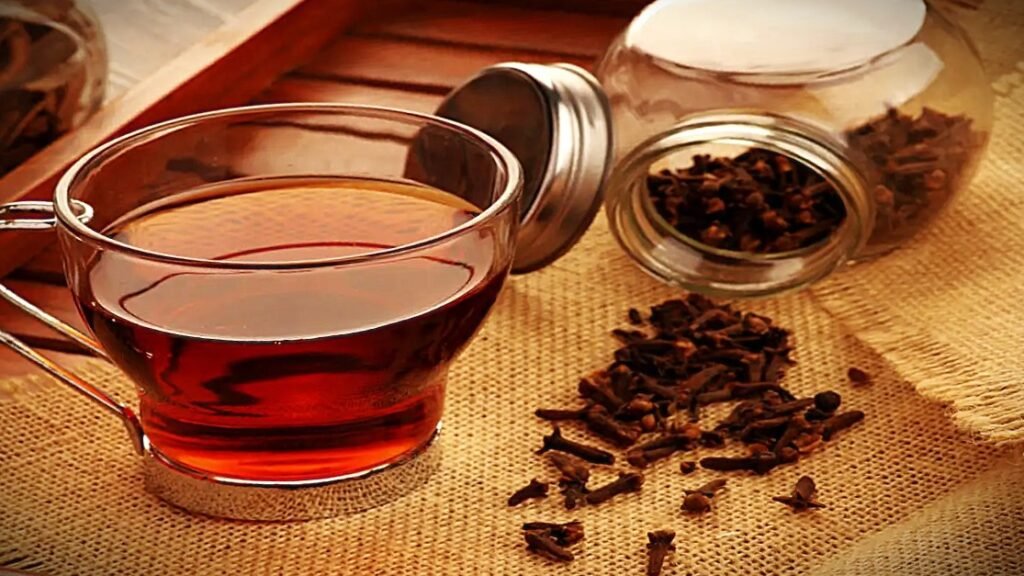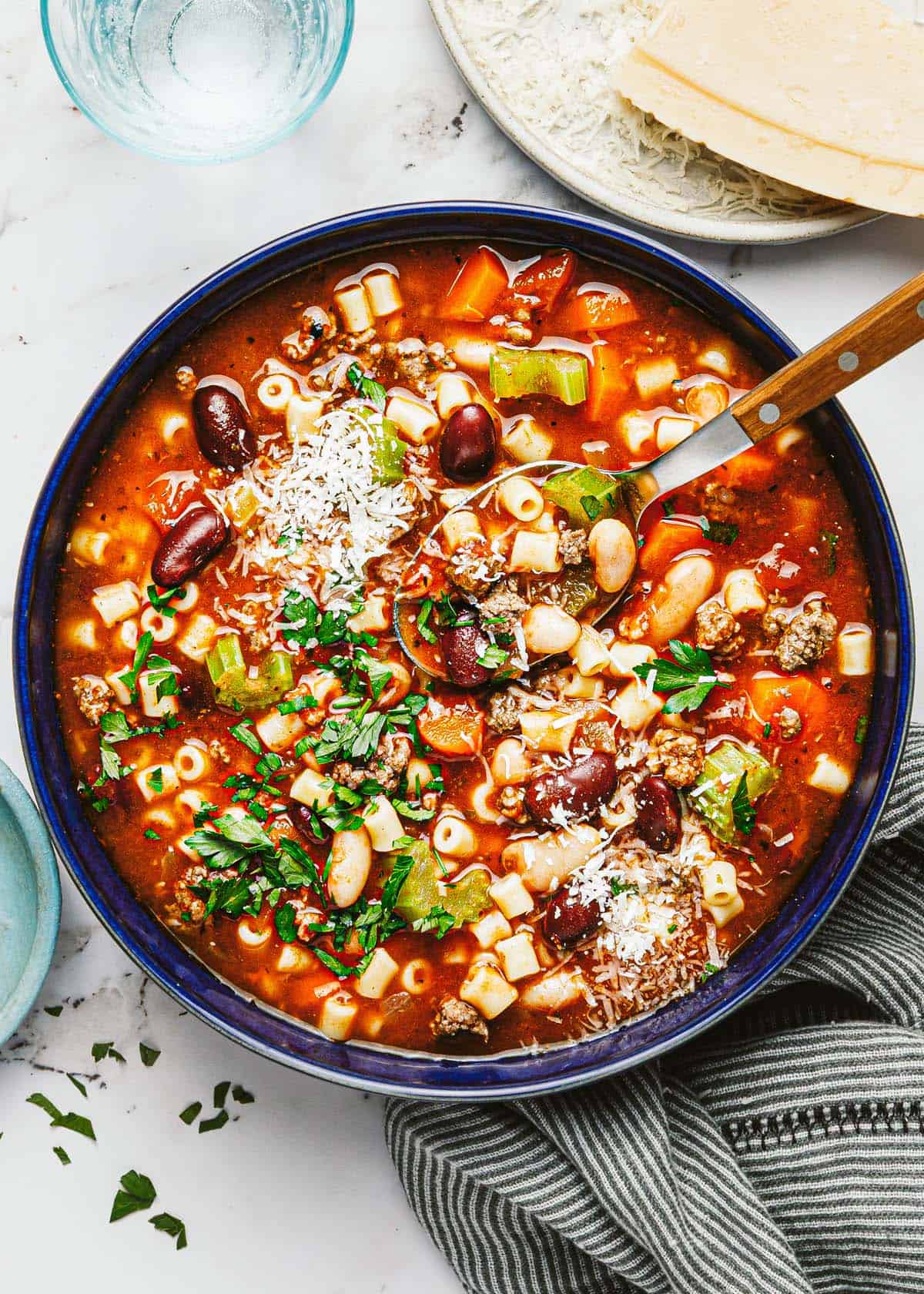Clove Tea Recipe: A Flavorful and Healing Drink You Can Make at Home

Introduction
Tea has been a cherished beverage for centuries. Clove Tea is enjoyed not only for its comforting taste but also for its potential health benefits. While green tea, black tea, and chamomile tea often dominate conversations, there’s another aromatic and medicinal brew that deserves equal attention—clove tea.
Known for its warm, spicy flavor and natural healing properties, tea has been used in traditional medicine for generations. Cloves, the dried flower buds of the Syzygium aromaticum tree, are packed with antioxidants, anti-inflammatory compounds, and essential oils that make them a powerhouse ingredient in both cooking and natural remedies.
If you’re looking for a beverage that combines soothing warmth, rich flavor, and numerous health benefits, learning a proper clove tea recipe will be a rewarding experience. In this guide, we’ll dive into the history, benefits, variations, and step-by-step preparation methods of tea, ensuring you’ll know everything you need to brew the perfect cup.
What Is Clove Tea?
Clove tea is an herbal infusion made by steeping dried clove buds in hot water. Unlike caffeinated teas, it is naturally free from caffeine, making it an excellent option for late evenings or relaxing routines. The tea has a bold, warming flavor with notes of spice and sweetness, often compared to cinnamon or nutmeg.
Today, it’s gaining popularity worldwide as a flavorful alternative to traditional teas and as a natural remedy for common ailments.
Health Benefits of Clove Tea
One of the reasons tea is beloved is its impressive list of health benefits. Here are some of the most notable:
1. Rich in Antioxidants
Cloves contain a compound called eugenol, a powerful antioxidant that helps fight free radicals in the body, supporting overall health and reducing the risk of chronic diseases.
2. Natural Pain Relief
Cloves have mild analgesic properties. Drinking clove tea or using it as a gargle can help soothe sore throats, toothaches, and headaches.
3. Anti-Inflammatory Properties
Regular consumption of clove tea may help reduce inflammation in the body, which is linked to conditions such as arthritis.
4. Boosts Immunity
Packed with antibacterial and antiviral properties, tea can strengthen the immune system and help the body fight infections.
5. Improves Oral Health
Cloves are widely used in dental care products. tea can freshen breath, fight bacteria, and reduce gum inflammation.
6. Aids Respiratory Health
Warm tea can help relieve congestion, cough, and sinus discomfort, making it an excellent drink during flu season.
Essential Ingredients for Clove Tea Recipe

To make clove tea, you’ll only need a handful of simple ingredients:
- Whole Cloves: 4–6 dried cloves (crushed lightly for stronger flavor).
- Water: 2 cups (filtered for best taste).
- Sweetener (optional): Honey, sugar, or stevia.
Step-by-Step Clove Tea Recipe
Here’s a simple and authentic recipe to make tea at home:
Ingredients:
- 2 cups water
- 5 whole cloves
- 1 small cinnamon stick (optional)
- 1 tsp grated fresh ginger (optional)
- Honey or lemon to taste
Instructions:
- Add the Cloves
- Drop in the whole cloves and any optional ingredients like cinnamon or ginger.
- Add Sweetener (Optional)
- Stir in honey or add a slice of lemon for extra flavor.
- Serve and Enjoy
- Sip slowly while it’s warm and soothing.
Variations of Clove Tea Recipe
Clove tea is versatile and can be combined with other herbs and spices to create unique flavors. Here are a few delicious variations:
- Clove and Ginger Tea
- Adds a spicy kick and is excellent for nausea and digestion.
- Clove and Cinnamon Tea
- A warm, sweet blend that’s perfect for chilly evenings.
- Clove and Cardamom Tea
- Adds an exotic twist, often enjoyed in Middle Eastern households.
- Clove and Green Tea
- Combine cloves with green tea leaves for a caffeinated, antioxidant-rich beverage.
- Clove and Lemon Tea
- Refreshing and immune-boosting, great for colds and flu.
Tips for Perfect Clove Tea
- Lightly Crush Cloves: Crushing them before boiling helps release more flavor.
- Balance the Flavor: Too many cloves can make the tea overpowering. Stick to 4–6 buds per 2 cups of water.
- Use Fresh Ingredients: Whole cloves retain flavor better than ground cloves.
- Experiment: Try adding herbs like mint or tulsi for a refreshing twist.
When to Drink Clove Tea
- Morning: To boost metabolism and digestion.
- After Meals: Helps ease bloating and indigestion.
- Before Bed: A soothing caffeine-free drink to relax the body.
- During the Cold Season, to relieve sore throat and congestion.
Possible Side Effects

Excessive consumption may cause:
- Irritation in the mouth or throat
- Allergic reactions in sensitive individuals
- Blood thinning (due to eugenol)
If you’re pregnant, breastfeeding, or on medication (especially blood thinners), consult your doctor before consuming clove tea regularly.
Frequently Asked Questions
1. Can I use ground cloves instead of whole cloves?
Yes, but whole cloves are recommended for a cleaner flavor. If using ground cloves, use just ¼ teaspoon per 2 cups of water.
2. How often should I drink clove tea?
1–2 cups per day is ideal for enjoying the benefits without overdoing it.
3. Can I store clove tea?
Yes, you can refrigerate it for up to 24 hours. Reheat before drinking.
4. Does clove tea have caffeine?
No, it’s naturally caffeine-free.
Conclusion
Learning a clove tea recipe is a simple yet powerful way to add a healthy and flavorful beverage to your daily routine. With its rich aroma, soothing warmth, and wide range of health benefits, clove tea is more than just a drink—it’s a natural remedy steeped in tradition.
Whether you enjoy it plain or infused with ginger, cinnamon, or lemon, clove tea can easily become your go-to drink for relaxation and wellness. So next time you want something both comforting and nourishing, skip the ordinary teas and brew yourself a cup of clove tea—you’ll be surprised at how delightful and beneficial it can be.





